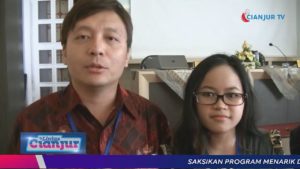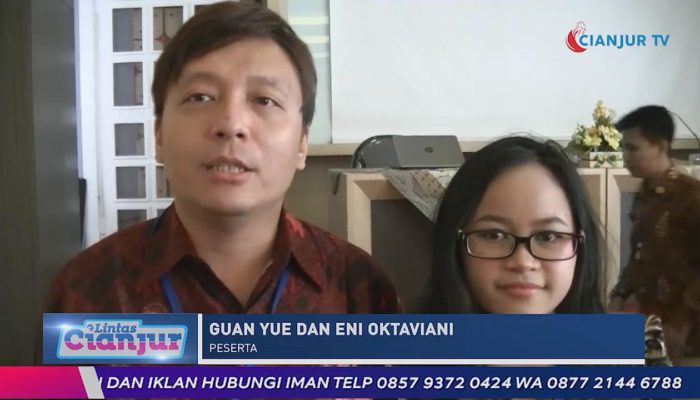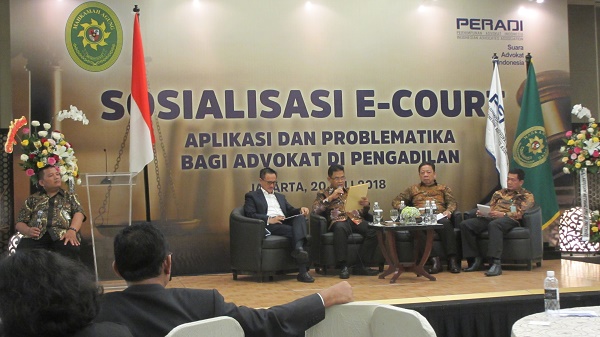On August 25, 2018, Advocate Eni Oktaviani and Legal Counsel Guan Yue were invited to participate in the National Seminar on “How judges at all levels of courts across the country should make more fair, honest and authoritative judgments” at the University of Suryakancana.
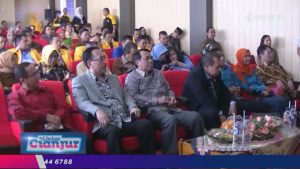
Also attending the seminar were Dr. Muhammad Syarifuddin who is Associate Dean of the Supreme Court of Indonesia, and Chief Justice Dr. Dudu Duswara Machmudin.

At the meeting, everyone fully listened to the recommendations of the two judges on the establishment of a more just and honest court system, and launched a positive discussion. The two judges frequented flashes of humor, and they frequently received enthusiastic applause from the audience.
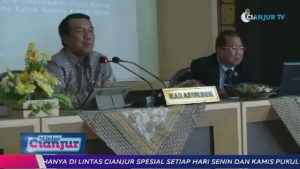
After the meeting, Guan Yue and Eni Oktaviani accepted an exclusive interview with the TV station. For the construction of the Indonesian judicial system, they also published their own opinions.
